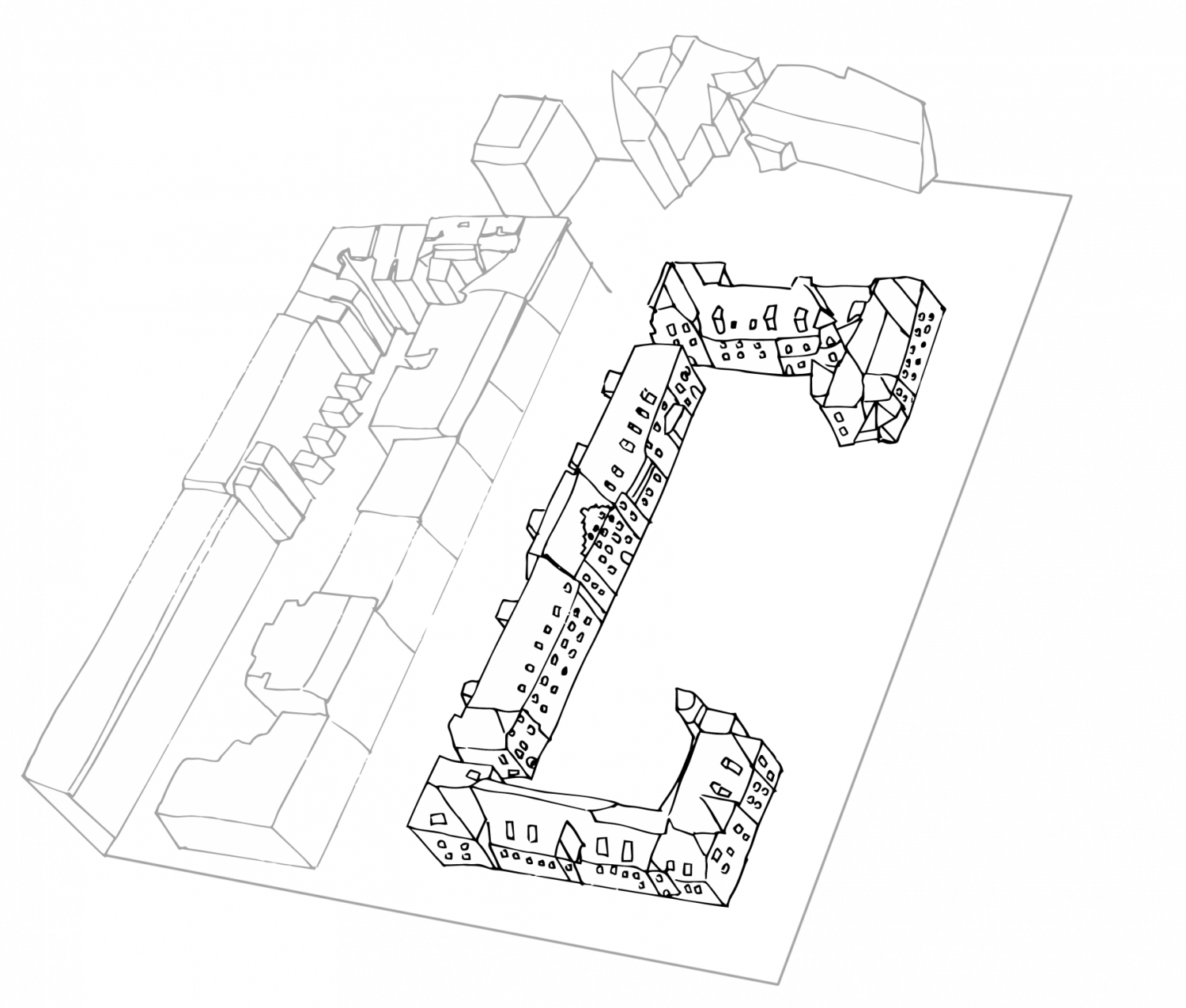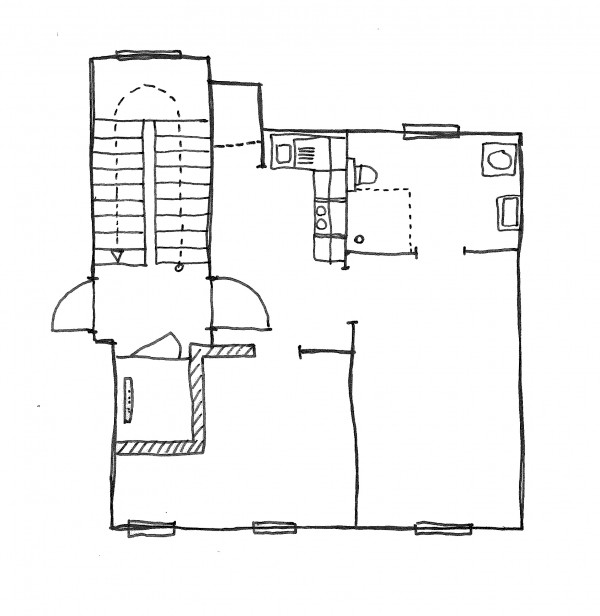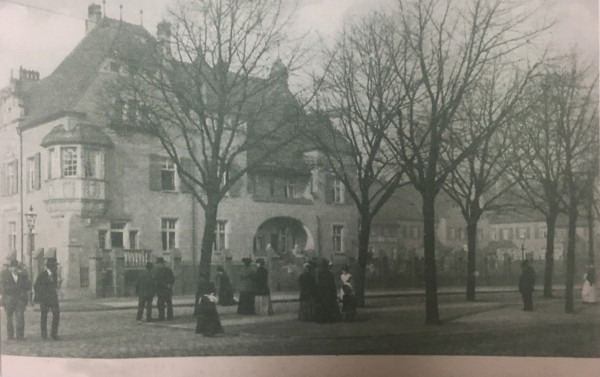
Usage: housing
House type: Residential building with 70 units
Year of construction: around 1900
Storeys: 3
Plot: 6000 square meters
Built-up area: 1900
Size of flats: 44 square meters (Felka and Elisabeth)
Number of rooms per flat: 2
Inhabitants: 70 women (one woman per flat)
Occupancy: tenancy/ rent (mostly tenants with a §5 entitlement)
Ownership: Foundation and non-profit housing development agency
Female; single or living alone / divorced / widowed; at least 60 years of age; valid §5 entitlement
These are the conditions to be allowed to reside in the women’s residential trust. Felka and Elisabeth are neighbours and have lived here since 2015. The housing complex is run by a foundation and a non-profit housing development agency. The foundation aims to offer accessible, self-managed and affordable residential space to women with small incomes. Seventy women in total live in the women’s trust. The founder (1812 - 1889) was a wealthy, unmarried, childless feminist of her times. She captured the foundation’s principle in her will: “Everything that I leave behind in terms of movable and immovable possessions and values shall build a genial trust with the aim to support through it widows and daughters of impoverished officers, public servants, preachers and other female persons from the educated classes who are in need and worthy of support.”
The castle-like building with loggias, bay windows and turrets is listed since 2004 (Denkmalschutz) and takes the form of an L around a courtyard. Since its opening it lived through a number of physical and organisational transformations (→ timeline).
Our motif follows an interest in finding out how this community of women lives together in a manner that respects their age. Where does this community start, where does it border with the private, what lies between? And how does the community define itself if it is a condition to be alone?

female, living alone, 60+ – Analysis
Intro
”I like it a lot, living here. We have everything we would want. And it’s possible to take the courage and ring at Ms. X’s door, whom you don’t know well at all, and say: Let’s have a coffee. We meet in the garden. The women visit each other, if they are closer. We can be alone. And we are always safe, when someone doesn’t feel well.” (Felka)
The German society ag…

weiblich, alleinstehend, 60+ – Zeitstrahl




weichblich, alleinstehend, 60+ – Film

female, living alone, 60+ – short description
Female; single or living alone / divorced / widowed; at least 60 years of age; valid §5 entitlement
These are the conditions to be allowed to reside in the women’s residential trust. Felka and Elisabeth are neighbours and have lived here since 2015. The housing complex is run by a foundation and a non-profit housing development agency. The foundation aims to offer accessible,…